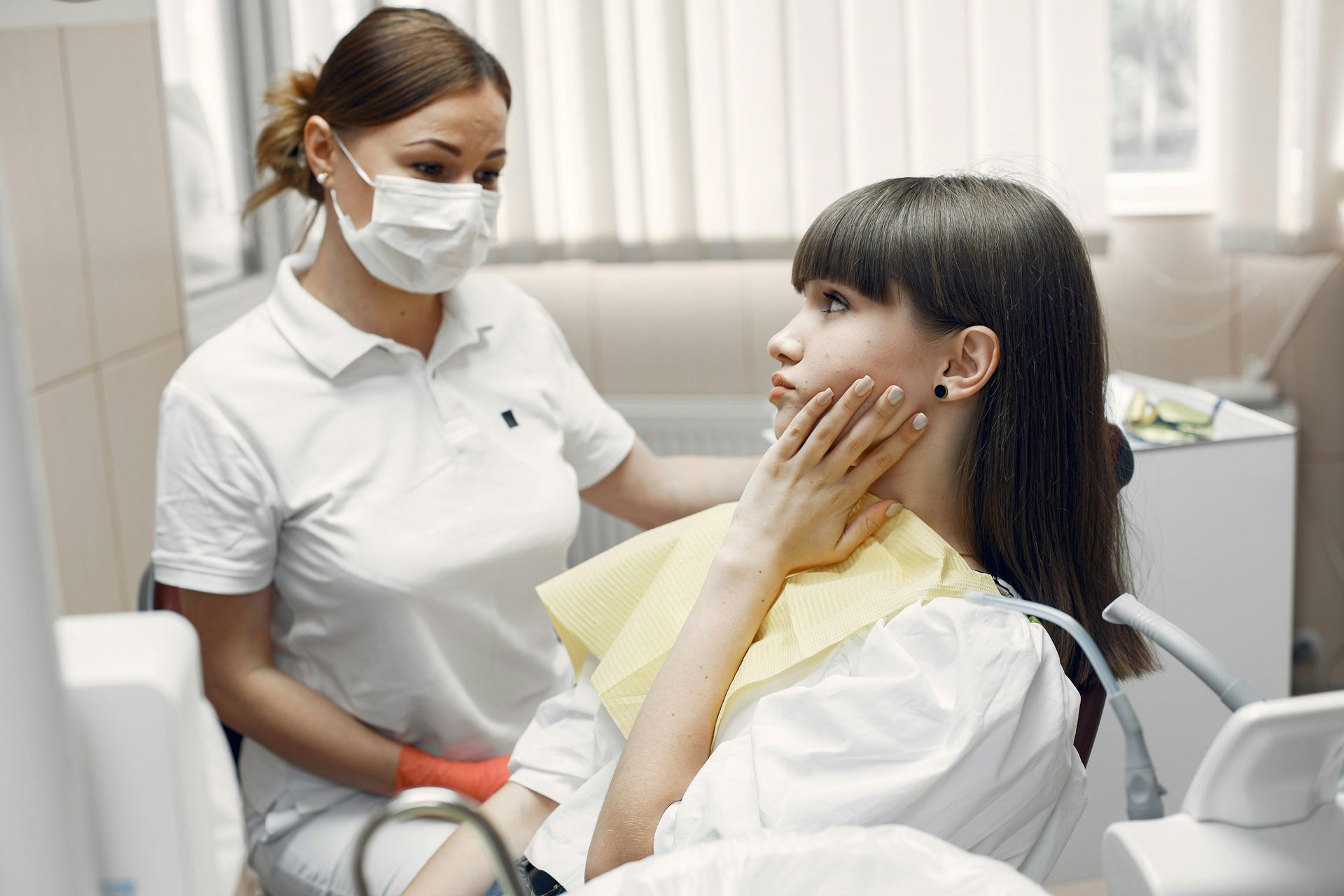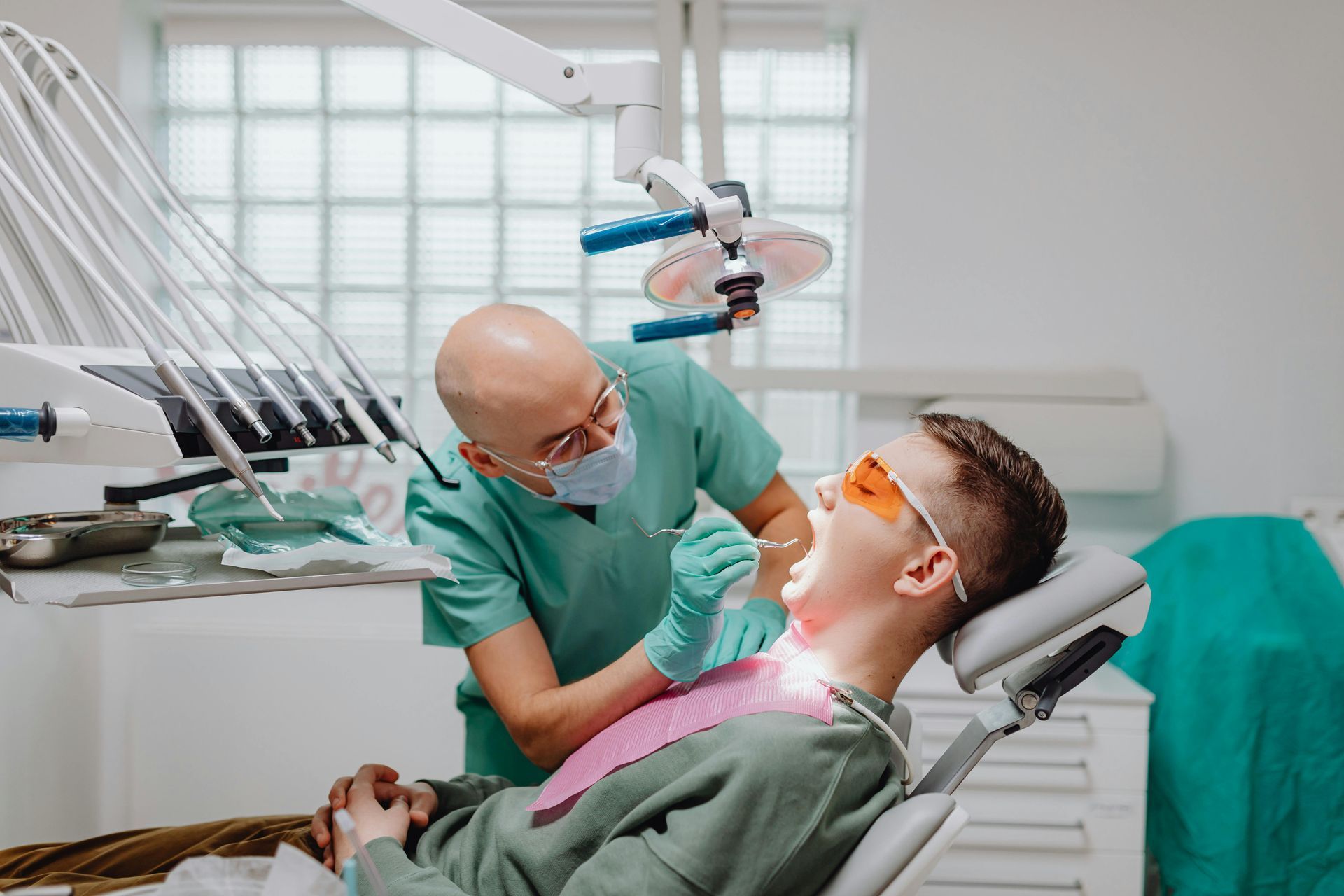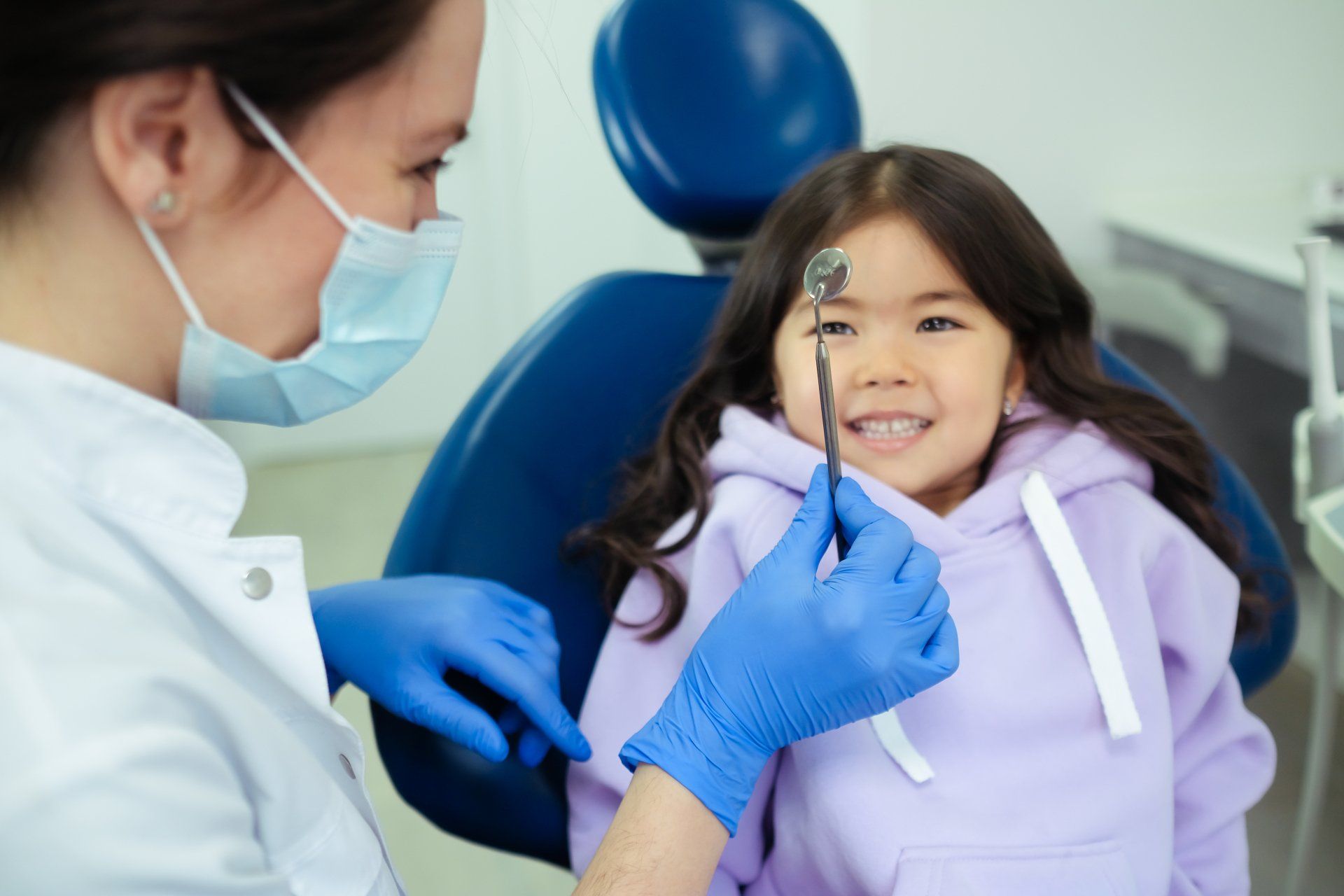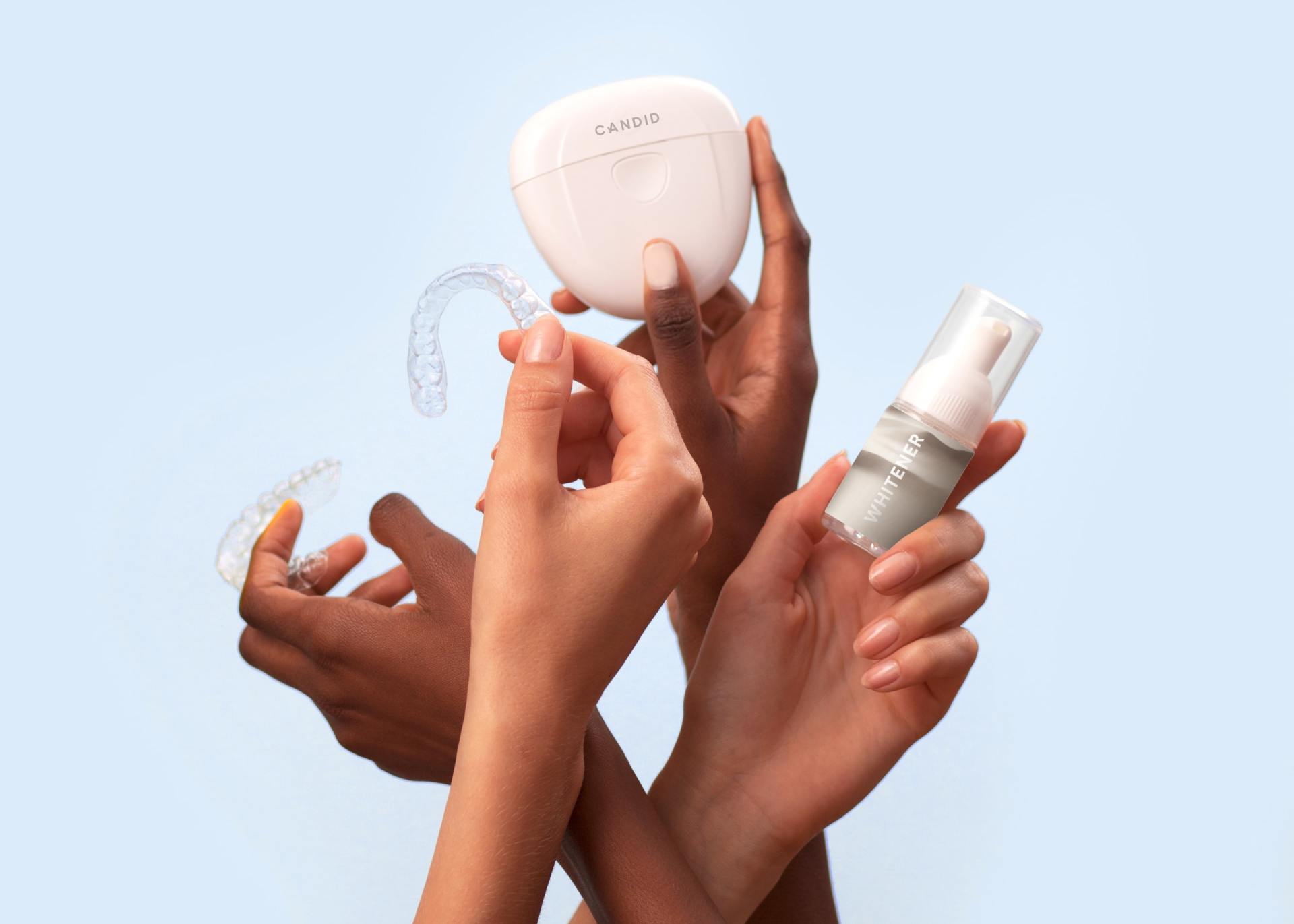Saving Your Smile: Emergency Care for Chipped and Knocked-Out Teeth
What is considered a dental emergency?
A dental emergency is any situation involving your oral health that requires immediate attention from a dental professional. Common dental emergencies include:
- Chipped or cracked tooth: A small chip may not be urgent, but a cracked tooth can be, especially if it causes severe pain or has a large piece missing.
- Knocked-out tooth: If a permanent (adult) tooth is knocked out, rapid action can sometimes save the tooth.
- Severe toothache: Often a sign of an underlying problem, such as an infection or an abscess, which might require prompt dental care.
- Lost filling or crown: This can cause discomfort or pain and leave the tooth at risk for further damage.
- Injury to the gums or soft tissue: Such injuries can result from contact sports or accidental bites, leading to infection if not treated.
Treating these emergencies promptly can prevent further complications (such as infections that could affect blood pressure or contribute to heart attacks), alleviate severe pain, and increase the chance of preserving natural teeth. Always consult with an emergency dentist or seek an emergency appointment if you experience a dental emergency.
Remember, for injury leading to bleeding, gently apply pressure with a clean cloth and rinse with warm water, and for a knocked-out adult tooth, keep the tooth moist, either by putting it back in the socket or in milk, until you can see a professional.
Common Causes of Chipped and Knocked-Out Teeth
One of the most common dental emergencies is when an individual experiences a chipped, cracked, or knocked-out tooth. Accidents can happen at any time, leading to these dental injuries, which may compromise oral health. For chipped teeth, common causes include biting down on hard foods, falls, or contact sports—all of which can exert unusual pressure on teeth. Cracked teeth can result from similar incidents but can also be the result of long-term grinding or clenching, known as bruxism.
Knocked-out teeth, also known as avulsed teeth, frequently occur due to a blow to the face. Sports injuries are a significant contributor to this type of dental emergency. Additionally, accidents involving falls, car collisions, or even violent confrontations can forcefully dislodge a permanent tooth.
While baby teeth are expected to fall out naturally, adult teeth are meant to last a lifetime. When they are forcibly removed or damaged, it's crucial to seek emergency dental care promptly. Keep the tooth moist by placing it in milk or saliva and bring it to the emergency appointment. With swift action, a dentist may be able to save the natural tooth, preventing the need for a false tooth or more extensive dental treatment like a root canal or implant.
Signs and Symptoms of a Chipped Tooth
Recognizing the signs and symptoms of a chipped tooth is crucial for timely and effective dental care. Some common indicators include:
- Visible damage or a missing piece of the tooth.
- Sharp edges that may irritate or cut the tongue, cheeks, or lips.
- Slight to severe pain, particularly when chewing or when the tooth is exposed to extreme temperatures.
- Swelling or tenderness in the gums around the affected tooth.
- Bleeding or the release of small tooth fragments.
These symptoms can occur immediately after the tooth has been chipped or may develop over time as the injury impacts the oral health of the individual.
Immediate Steps to Take When a Tooth is Chipped
Immediate Steps to Take When a Tooth is Chipped:
- Rinse Your Mouth: Use warm water to clean your mouth immediately after you notice a chipped tooth. This helps to clear out any tooth fragments and reduces the risk of infection.
- Stop the Bleeding: If there’s bleeding, apply gentle pressure with a piece of gauze. If bleeding persists for more than 10 minutes, seek emergency dental care.
- Reduce Swelling: Apply a cold compress to your cheek near the affected area to bring down any swelling and reduce pain.
- Cover the Tooth: If the chipped area is sharp or causing discomfort to your tongue or cheek, cover it with a piece of sugarless chewing gum or dental wax as a temporary measure.
- Take Pain Relief: If you have severe pain, you can take an over-the-counter pain reliever to manage the discomfort. Always follow the dosage instructions and consult with your dentist if pain persists.
- Visit the Dentist: Schedule an emergency appointment with your dentist as soon as possible. Preserve any large tooth pieces you might find since they might be reattached.
How to Handle a Knocked-Out Tooth
A knocked-out tooth, also known as an avulsed tooth, is one of the most serious dental emergencies for a permanent tooth. It’s important to act quickly and with care to increase the chances of successful re-implantation.
If you find yourself or someone else with a knocked-out tooth, here’s what to do:
- Pick Up the Tooth: Handle the tooth by the crown (top part), and not the root, to minimize damage to the cells necessary for reattachment.
- Rinse if Dirty: If the tooth is dirty, gently rinse it with milk or saline solution. Do not use water, as it can damage the root surface cells. Don't scrub or use soap or chemicals.
- Reinsert If Possible: Try to reinsert the tooth into the socket immediately. If successful, bite down on a clean cloth or gauze to hold it in place.
- Keep the Tooth Moist: If you cannot reinsert the tooth, it's crucial to keep it moist. Put it in a small container of milk, saline solution, or a special tooth preservation product. Avoid storing it in water.
- See a Dentist ASAP: Time is critical. Seek emergency dental care within 30 minutes to an hour. The faster you act, the better the chances for saving the tooth.
Treatment Options for Chipped Teeth
Dental emergencies like chipping a tooth can be alarming and uncomfortable, but there are several treatment options available to restore oral health and aesthetics.
Dental Filling or Bonding:
- For minor chips, a dentist can often use a filling or bonding with a tooth-colored composite resin. This is a quick procedure, usually requiring no anesthesia.
Dental Veneers:
- If a front tooth is chipped, a dental veneer—a thin shell of tooth-colored porcelain or resin—can cover the entire front of the tooth after removing a small amount of enamel.
Dental Crowns:
- For more significant damage, a crown might be necessary to cover and protect the tooth. It can be made from various materials, like porcelain or metal.
Root Canal Treatment:
- When the chip is large enough to expose the pulp, a root canal may be needed to remove damaged pulp and protect the tooth from infection.
Dental Implant:
- In the case of a severely chipped tooth that cannot be repaired, extraction followed by an implant may be the best option. The implant replaces the natural tooth's root and a crown is attached to mimic a natural tooth.
Treatment Options for Knocked-Out Teeth
A knocked-out tooth constitutes a dental emergency that requires prompt action to increase the chances of saving the tooth. Here are the treatment options:
Immediate Steps:
- Pick up the tooth without touching the root.
- Rinse it with water if dirty; do not scrub or remove attached tissue fragments.
- If possible, try to reinsert the tooth in its socket or bite down gently to keep it in place.
Keeping Tooth Moist:
- If reinsertion isn't possible, store the tooth in a small container of milk or a special tooth preservation product.
- Alternatively, retain the tooth between your cheek and gums to keep it moist.
Emergency Dental Care:
- Visit an emergency dentist as soon as possible.
- Call the dental office to inform them about the emergency appointment needs.
Clinical Treatment:
- The dentist may attempt to reposition the tooth.
- A splint may be used to hold the tooth in place for a few weeks.
- Follow-up appointments are crucial to monitor healing and prevent infection.
- Additional treatments, like a root canal, may be necessary depending on the root's health.
In cases where the tooth cannot be saved, alternative options like dental implants or bridges may be considered to restore oral health and functionality of natural teeth.
When to See a Dentist
When experiencing a dental incident, you must evaluate if and when to see a dentist. Here are critical situations that necessitate a dental visit:
- Chipped Teeth: Minor chips may not require emergency dental care, but if there's pain or damage to the tooth's structure, an emergency dentist visit is needed.
- Cracked/Broken Tooth: If you have a cracked or broken tooth, it's important to see a dentist immediately to prevent damage to the inner tooth and nerve or a potential infection.
- Knocked-Out Tooth: A knocked-out permanent tooth is a serious dental emergency. Seek immediate attention from an emergency dentist to increase the chance of saving the tooth.
- Severe Pain: Persistent or severe pain is a sign you may need urgent dental treatment, potentially indicating issues like an abscess or the need for a root canal.
- Injury Causing Loosening of Tooth: If a tooth is loosened or displaced from trauma, a dentist can stabilize and save the tooth.
Remember, any delay in dental care can increase the risk of permanent damage and the need for more extensive and expensive treatment later on.
Preventive Measures to Protect Teeth
To safeguard your oral health and prevent dental emergencies such as cracked teeth, knocked-out teeth, and chipped teeth, consider these preventive measures:
- Wear a Mouthguard: Especially during contact sports, a mouthguard can protect teeth from traumatic injuries.
- Avoid Hard Foods: Chewing on hard foods or candies can crack natural teeth, leading to a dental emergency.
- Use Scissors, Not Teeth: Do not use your teeth to cut or open objects, as this can cause chipped or broken teeth.
- Maintain Oral Hygiene: Regular brushing and flossing maintain gum and tooth health, helping to prevent tooth loss and the need for emergency dental treatment.
- Regular Dental Check-ups: Ensures timely intervention for potential dental issues.
By adhering to these practices, you can minimize the risk of dental injuries and maintain your dental care, potentially avoiding the severe pain and treatment options associated with emergency dental situations.
FAQs
How can I manage severe toothaches at home?
If you're experiencing severe toothaches, you can take some measures to manage pain until you are able to see a dentist. Over-the-counter pain relievers can offer temporary relief. Make sure to follow the instructions and not exceed the recommended dosage. Rinsing your mouth with warm water can also soothe discomfort and remove any debris. If swelling is present, a cold compress applied to the cheek can help reduce it. Avoid extremely hot or cold foods as they may worsen the pain. If the toothache persists, it's crucial to seek emergency dental care to address the underlying cause.
Can chipped teeth heal on their own?
Chipped teeth do not heal on their own. Unlike bones, teeth do not regenerate, so any damage to the enamel is permanent. Minor chips might not cause immediate pain or lead to further damage, but it is still important to visit a dentist to discuss treatment options. Treatment might range from smoothing out minor chips to dental bonding, crowns, or veneers for larger chips. In cases of severe fractures, a root canal may be necessary to preserve the tooth.
How successful are re-implanted knocked-out teeth?
Re-implantation of a knocked-out tooth can be successful if the procedure is done promptly and correctly. Ideally, the tooth should be re-implanted within 30 minutes of the injury. Handle the tooth by the crown, not the roots, and, if dirty, gently rinse it with milk or saline solution without scrubbing. Try to reinsert it into the socket, or keep the tooth moist in milk, saline solution, or even in the mouth next to the cheek. The sooner you see a dentist for re-implantation, the better the chances of saving the tooth. With prompt action, the success rate of re-implantation can be high, especially in children and adolescents with developing permanent teeth.
How can I manage severe toothaches at home?
Experiencing a severe toothache can be both distressing and debilitating, but there are several steps you can take to manage the pain at home before you can see a dentist:
- Take Over-the-Counter Pain Relievers: Nonsteroidal anti-inflammatory drugs (NSAIDs) such as ibuprofen can help reduce inflammation and alleviate pain. Always follow the recommended dosage.
- Rinse with Warm Saltwater: A saltwater rinse can cleanse infections and promote healing. Dissolve half a teaspoon of salt in a cup of warm water and rinse your mouth thoroughly.
- Apply a Cold Compress: For swelling and pain, an ice pack applied to the cheek can help. Do this for 20 minutes at a time.
- Use Peppermint Tea Bags: Slightly warm or cool peppermint tea bags placed on the affected area can numb the pain and soothe sensitive gums.
- Apply Garlic Paste: Garlic has medicinal properties that can reduce pain. Apply a paste of garlic directly to the affected tooth.
- Clove Oil Application: Clove oil contains eugenol, a natural antiseptic that can dull pain. Apply a small amount to a cotton ball and dab it on the afflicted tooth.
Remember, these are temporary solutions. It's important to make an emergency appointment with your dentist for permanent dental treatment.
At Don River Dental we give you the best tips . If you are experiencing any symptoms or pain please feel free to call us at (416) 901 - 9292 and someone from our team will be happy to answer any questions and schedule an appointment as soon as possible. We offer safe soothing dentistry in North York.
